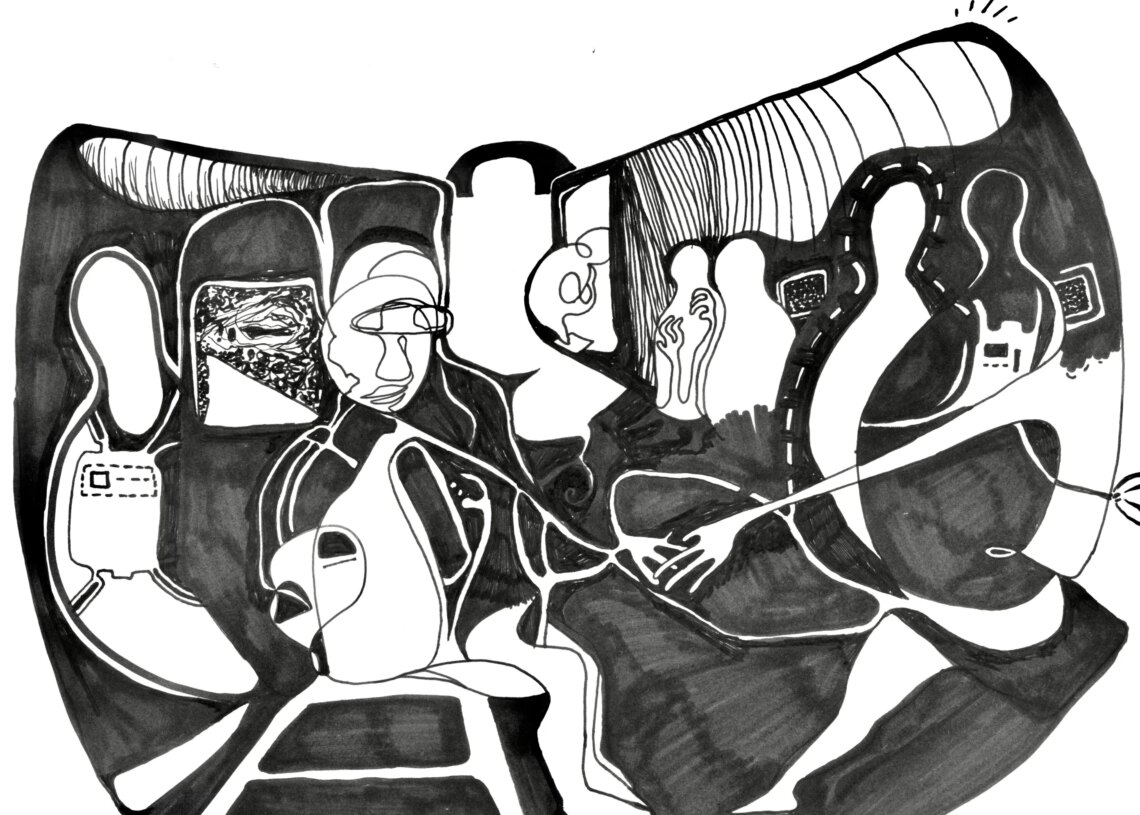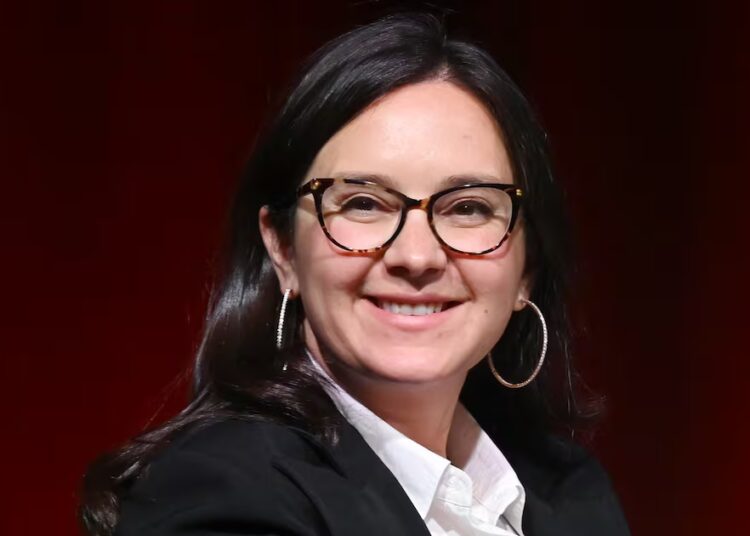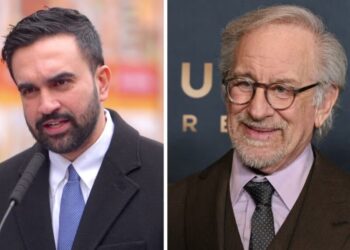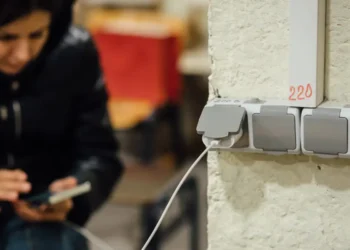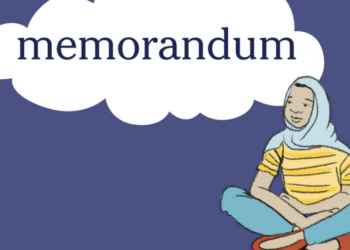I never thought one of the most uplifting experiences of my life would be watching my closest friends fall out of a plane.
They joined me in impulsive solidarity after learning I needed a surgery that would prevent me from going too high or too low.
My cochlear implant, the device that has connected me to sound since I was twelve, has malfunctioned for the third time. Last week, I underwent my fourth cochlear implant surgery to replace it. But before, there was a gift in the brokenness.
[time-brightcove not-tgx=”true”]
For the first time in years, I had a small pocket of time where I could do things I normally couldn’t with a cochlear implant. With the machinery detached, I was free. Normally, I can’t go too high or too deep due to the pressure changes. I can’t scuba dive. I can’t skydive.
I texted my closest Deaf friends: “My implant failed. I’m going skydiving before surgery. Who’s in?”
The responses came back immediately:
“Let’s do it for the plot.”
“I am absolutely game.”
“Ok f-ck it i’m in.”
“I’m down to support and film…from the ground.”
I love my friends.
Radio silence
A few months ago, a film team supported by Med-El (the Austrian company that manufactures my implant) reached out with an opportunity. They were making a documentary celebrating the company’s founders as “national treasures of Austria.” They wanted to feature “celebrities who are Med-El patients and cochlear implant users” who could share how the device had “changed their lives.”
No compensation. Just the chance to lend my face, my name, my story to their brand.
They sent me questions to answer on camera:
“Do you remember yourself being Deaf?”
“Do you remember the moment when you first heard with the help of the implant? What sounds were they?”
“How did the cochlear implant change your life?”
I responded honestly: I’d only participate if I could share the complexity of living between worlds, between autonomy and dependence, between gratitude and grief, between the Deaf community and the hearing one. Being Deaf with an implant isn’t a flat story of medical salvation. It’s a daily negotiation with a corporation that has literal access to the inside of your body.
They never replied.
I reached out again, months later, asking to be connected to the founders the film team wanted me to uplift because their device had failed inside me.
Still, no reply.
As I prepared to publish this article, I reached out one more time. Still, no response.
I feel violated in my own body, and the broken interface feels heavier this time. It’s not just corporate indifference. It’s the proof of what disabled people already know: We’re valuable when we perform gratitude, when we become symbols of inspiration for technologies that are as fallible as they are profitable. But when those same systems fail us, the conversation stops. The camera turns off. The company doesn’t call back.
The cost of breaking down
This was my fourth cochlear implant surgery. Each one costs between $50,000 and $100,000. Most of that will be covered by insurance, if you’re lucky enough to have the right insurance, which millions of disabled Americans don’t.
According to the CDC, more than one in four adults in the United States lives with a disability. Yet disabled people are twice as likely to live in poverty. The Americans with Disabilities Act was passed in 1990, but disabled people still earn an average of 31% less than non-disabled workers.
When your body depends on expensive medical technology to function in a world built for the non-disabled, every device failure becomes an economic crisis. Every surgery is a gamble with your financial future. And if the device is manufactured by a single company with proprietary technology, you don’t get to shop around; you’re locked in for life.
Between worlds
I often think about the life I didn’t have: full access to Deaf culture, resources, and education from birth. Instead, I was raised in hearing environments, surrounded by sound, learning to speak, to listen, to belong in spaces that weren’t built for bodies like mine.
The Deaf community I’ve found as an adult has taught me what I missed: Deafness isn’t a lack. It’s a form of gain. Deaf gain is about the expansion of human experience: visual intelligence, spatial awareness, a language that moves through the body, humor and rhythm and brilliance that exist beyond sound. The Deaf world has its own culture, its own richness, its own complete way of being.
But I was also raised with my father playing his favorite rock music. With my mother’s voice telling me she loves me. With the sound of my family in the other room, of shoes on cobblestone, and crunchy leaves in the fall. There is beauty in this world, too, even if my experience of it is incomparable to hearing people’s, even if sound taunts me, reminding me daily that I’m only borrowing access.
Now, when I go days without my cochlear implant, I start to lose my sense of presence. I dissociate. The edges of reality blur. I’ve discovered there are unconscious ways I rely on sound to ground myself in this version of the world I’ve built. Without it, I sometimes float away.
Perhaps, if I committed fully to life without sound, I could adapt. It would take years of rewiring my brain, of building new pathways, of learning to orient myself differently. Deafness exists on a continuum. My experience doesn’t make me more or less Deaf, it just reflects one of many ways to live in a Deaf body in a hearing world.
But the truth is: I am not ready to let go of sound forever. There are songs I still want to hear (even if I experience them differently than others) and voices of my loved ones that I want to permeate my brain.
To live in this body is to hold both the gift of access and the weight of dependence. It’s to exist in the space between worlds, between cultures, between what technology offers and what it costs. It’s to know that the system that “saves” you can also fail you, can ignore you, can profit from your story while refusing to answer your outstretched hand.
And sometimes, in the gap between breaking and repair, you find out what you’re capable of when the machine isn’t running.
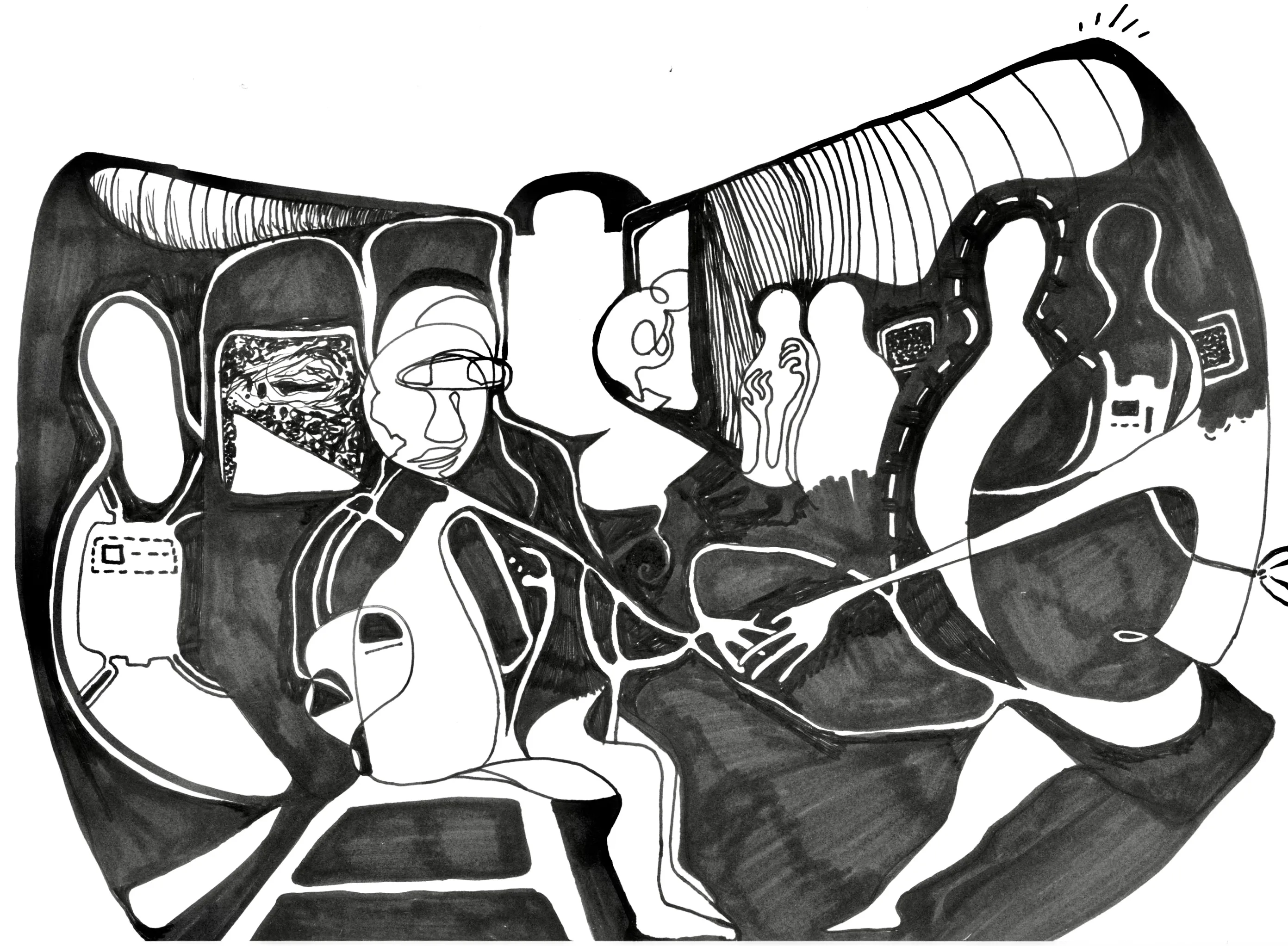
On the day of the jump, a game of rock paper scissors landed me in the last position to skydive. Later, I realized this was actually a win. Watching the expressions on each of my friend’s faces as they surrendered to their own leap of faith felt like the purest form of witnessing love and trust.
The first moments within my own fall, I expected my stomach to drop. It didn’t. Perhaps my prior acceptance of the plummet allowed it to feel gentle. There was no fear, just drinking in the sensations, the closest thing I can do to pausing time. I felt present with the wind pressing my skin back, the sun cheering me on, and the landscape distant below my floating feet, shining and shimmering.
My body has limits, yes, but they’re mine to decide what to do with.
The post The Freedom I Felt When My Cochlear Implant Failed appeared first on TIME.
